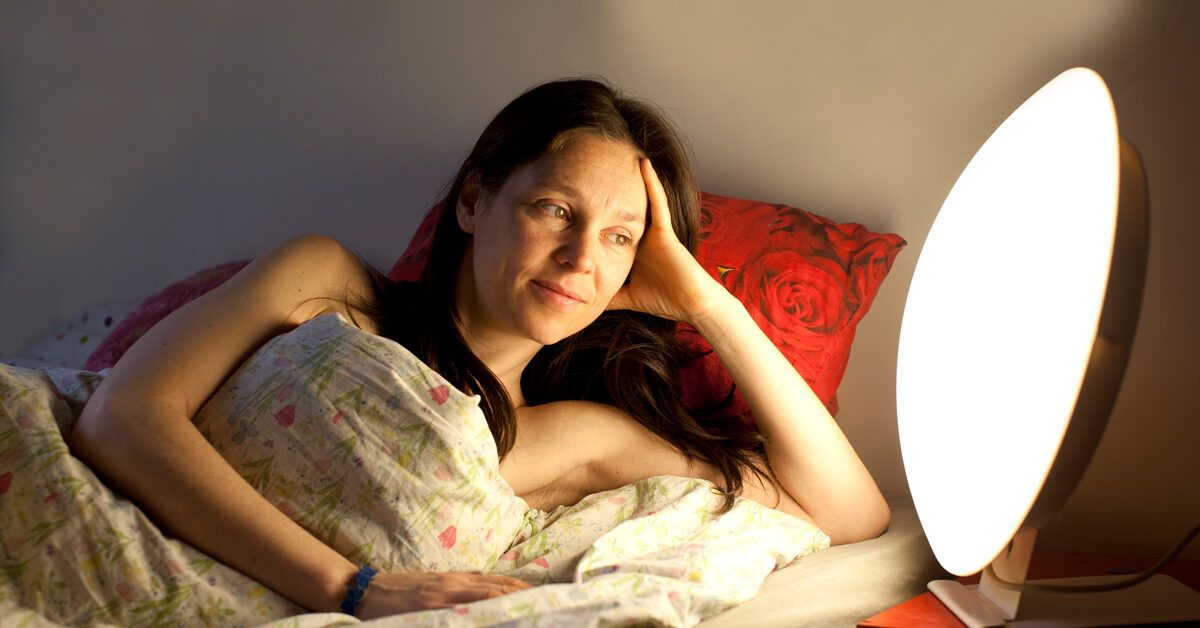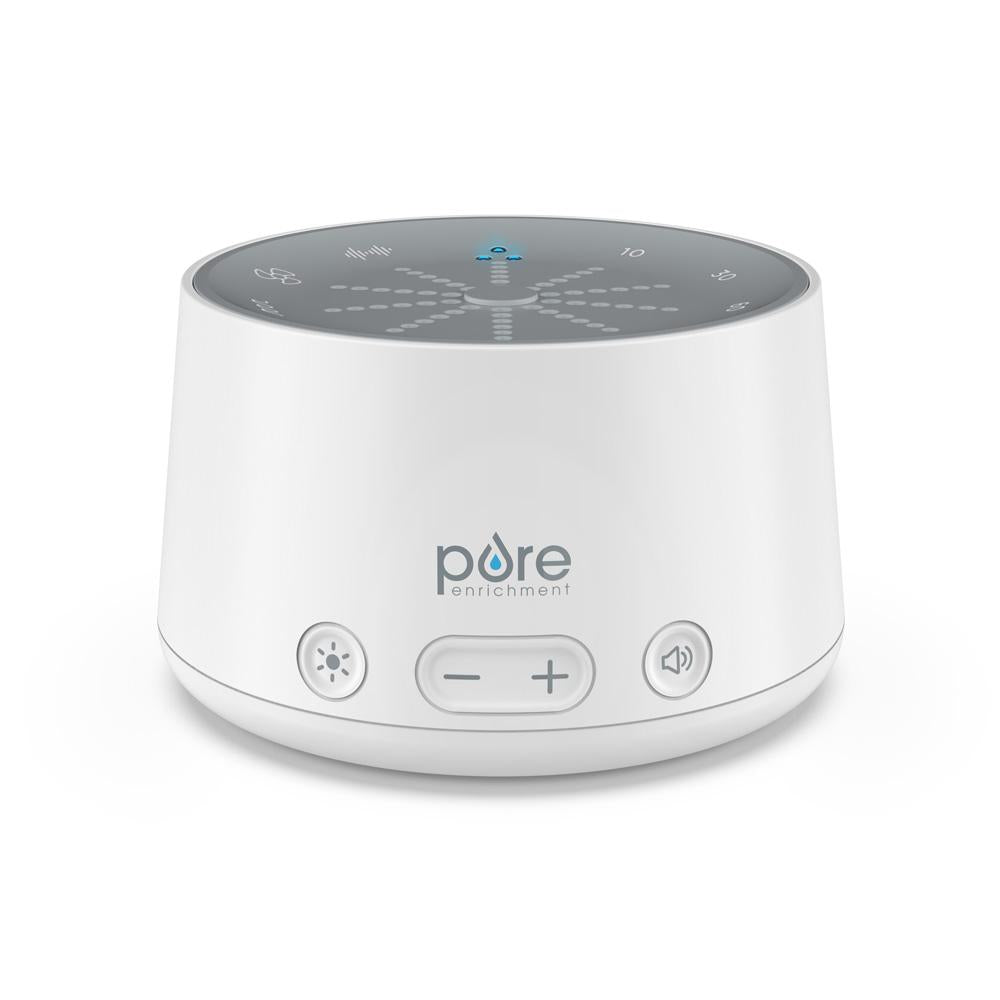Expert Insomnia Counseling - Get Specialist Support
Expert Insomnia Counseling - Get Specialist Support
Blog Article
Reliable Treatment Solutions for Handling Rest Disorders and Enhancing Peaceful Sleep
In the world of healthcare, the administration of rest disorders and the pursuit for relaxed sleep are crucial parts of general health. As we navigate the detailed landscape of sleep conditions and look for to improve our rest experience, a deeper understanding of these treatment options might hold the secret to opening a much more refreshing and meeting restorative trip.
Cognitive Behavior Treatment for Sleeping Disorders (CBT-I)
Cognitive Behavior Modification for Sleeplessness (CBT-I) is a structured, evidence-based therapy approach that concentrates on addressing the underlying variables adding to rest disruptions. This kind of therapy intends to change habits and thoughts that intensify sleep problems, inevitably promoting healthy and balanced sleep patterns. CBT-I generally entails a number of crucial elements, consisting of cognitive therapy, sleep constraint, stimulus control, and rest health education.
Cognitive therapy aids individuals recognize and transform unfavorable thought patterns and ideas regarding rest that might be impeding their ability to fall or stay asleep. Sleep constraint includes restricting the quantity of time spent in bed to match the person's actual rest duration, thereby enhancing sleep efficiency (sleep disorder treatment). Stimulus control techniques help develop a strong organization between the bed and rest by motivating people to visit bed only when drowsy and to stay clear of engaging in boosting activities in bed
Additionally, sleep hygiene education and learning concentrates on creating healthy rest practices, such as keeping a regular sleep timetable, developing a relaxing bedtime routine, and enhancing the rest atmosphere. By dealing with these aspects adequately, CBT-I supplies a reliable non-pharmacological intervention for managing sleeplessness and boosting total sleep quality.
Rest Health Practices
Having developed the structure of cognitive restructuring and behavioral alterations in dealing with sleeping disorders via Cognitive Behavioral Treatment for Sleep Problems (CBT-I), the focus currently changes towards checking out vital Rest Health Practices for preserving ideal rest top quality and overall health.
Rest hygiene practices encompass a variety of practices and environmental aspects that can significantly impact one's capacity to drop off to sleep and stay asleep throughout the evening. Constant rest and wake times, developing a relaxing bedtime routine, and optimizing the sleep environment by keeping it dark, quiet, and cool are critical components of good rest health. Restricting exposure to screens prior to going to bed, avoiding energizers like caffeine close to bedtime, and taking part in normal physical activity throughout the day can also advertise much better sleep high quality.
In addition, exercising leisure methods such as deep breathing exercises or meditation prior to bed can aid relax the mind and prepare the body for rest. By incorporating these rest hygiene methods into one's everyday regimen, people can establish a healthy rest pattern that supports relaxing sleep and total wellness.
Relaxation Techniques and Mindfulness
Executing relaxation techniques and mindfulness methods can play a crucial function in promoting a feeling of calm and promoting high quality sleep. Additionally, guided images can help transfer individuals to a calm area in their minds, helping in anxiety decrease and enhancing rest high quality.
By including these practices right into a going to bed regimen, individuals can signal to their bodies that it is time to loosen up and prepare for sleep. In general, incorporating leisure strategies and mindfulness techniques can significantly add to taking care of rest disorders and improving total rest top quality.

Medication Options for Sleep Disorders
After exploring leisure methods and mindfulness practices as non-pharmacological treatments for improving sleep high quality, it is necessary to take into consideration medicine choices for people with sleep conditions. In instances where lifestyle adjustments and treatment do not give sufficient relief, medication can be a valuable tool in taking care of sleep disruptions.
Typically recommended medicines for sleep disorders consist of benzodiazepines, non-benzodiazepine hypnotics, antidepressants, and melatonin receptor agonists. Antidepressants, such as trazodone, can be helpful for people with co-occurring clinical depression and sleep disruptions - sleep improvement therapy.
It is essential for individuals to talk to a doctor to identify the most proper medication alternative based upon their specific sleep disorder and case history.
Light Treatment for Circadian Rhythm Policy
Light treatment, also referred to as phototherapy, is a non-invasive therapy method made use of to regulate circadian rhythms and boost sleep-wake cycles. This treatment entails exposure to bright light that imitates natural sunshine, which assists to reset the body's inner clock. By exposing people to details wavelengths of light, normally in the morning or evening depending upon the desired impact, light therapy can efficiently change the body clock to promote wakefulness throughout the day and boost relaxed rest during the night.
Research has revealed that light treatment can be particularly valuable for people with circadian rhythm disorders, such as delayed sleep phase syndrome or jet lag. It can likewise be handy for those experiencing seasonal affective disorder (SAD), a kind of anxiety that normally occurs during the cold weather when natural light exposure is decreased. Light treatment is typically well-tolerated and can be used in conjunction with various other navigate here therapy methods for sleep conditions to enhance outcomes and boost overall sleep quality.
Verdict
In conclusion, reliable treatment remedies for taking care of sleep click for more problems and improving peaceful sleep include Cognitive Behavioral Therapy for Sleep Problems (CBT-I), sleep health techniques, relaxation strategies and mindfulness, medication options, and light treatment for circadian rhythm regulation. These methods can assist people enhance their sleep high quality and general wellness. It is very important to consult with a doctor to establish the most appropriate method for dealing with rest issues.
As we navigate the intricate landscape of rest problems and seek to boost our rest experience, a much deeper understanding of these therapy remedies may hold the secret to unlocking a much more relaxing and meeting restorative trip.
Rest constraint entails restricting the amount of time spent in bed to match the person's real sleep duration, therefore increasing rest effectiveness. Regular rest and wake times, developing a relaxing going to bed routine, and enhancing the rest setting by maintaining it dark, quiet, and cool are essential parts of great sleep hygiene. Light therapy is generally well-tolerated and can be utilized in combination with various other treatment methods for rest problems to optimize outcomes and improve overall sleep quality.

Report this page